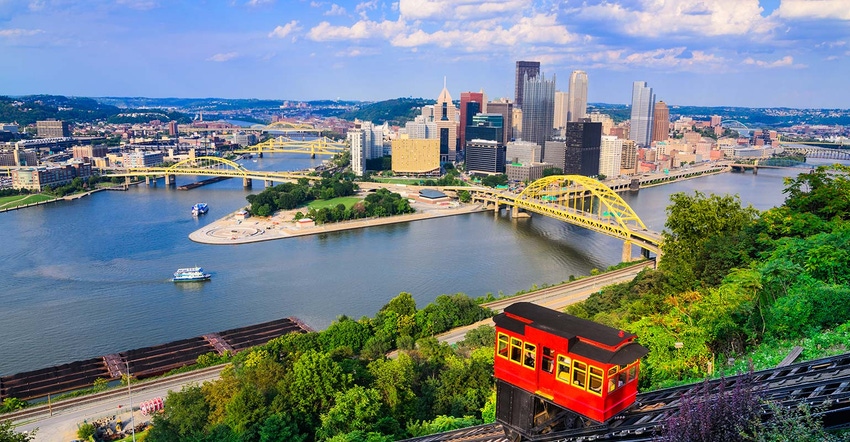How One School District Solved a Critical Problem (and Saved Money Too)
Schools dependent on state funding often find themselves in the same position as cities: critical projects need to be done, but there's little money for them.
November 11, 2016

By Jesse Berst
Nine months into a statewide budget stall may not seem like the best time for a school district — even one not in immediate danger of school closures — to invest $3.4 million in a major infrastructure upgrade. But that's exactly what the Keystone Oaks School District in Pittsburgh did.
Four of the district's schools were in bad shape. Their HVAC systems frequently failed, which often resulted in uncomfortable temperature fluctuations in several classrooms, and a lot of complaints. There also were maintenance problems with the old equipment and control systems. And the budget impasse meant no funding for capital improvements.
How the district came out ahead
District officials worked with Council Lead Partner Schneider Electric on an energy efficiency upgrade, which included servicing the HVAC system and the installation of new building automation systems. As the new school year begins, teachers can now control temperatures in individual classrooms and the district doesn't waste money on heating and cooling unused rooms.
In addition to making classrooms dramatically more comfortable, the upgrade will cut the district's annual energy and maintenance costs by $106,000 annually. Even better: part of the project was paid for by an energy savings performance contract which allows utility and operational savings to pay for renovations.
Sustainability benefits, too
There are also environmental and sustainability benefits. By improving system efficiency, the project will reduce carbon dioxide output by 452 metric tons.
“Our schools' leaders are committed to our district's financial stability, and this solution allowed us to make necessary improvements in a challenging financial environment,” said district Superintendent William P. Stropkaj. “While many Pennsylvania school districts were struggling with unresolved state budgets and facing school closures, we were able to reinvest in our buildings and improve our students' learning experience.”
Jesse Berst is the chairman of the Smart Cities Council, which helps cities use technology to become more livable, workable and sustainable. The Council has announced challenge grants with the White House challenge to help five U.S. cities in that journey. Learn how to win one for your city at http://grants.smartcitiescouncil.com.
You May Also Like


.png?width=700&auto=webp&quality=80&disable=upscale)
.png?width=300&auto=webp&quality=80&disable=upscale)
.png?width=300&auto=webp&quality=80&disable=upscale)
.png?width=300&auto=webp&quality=80&disable=upscale)
